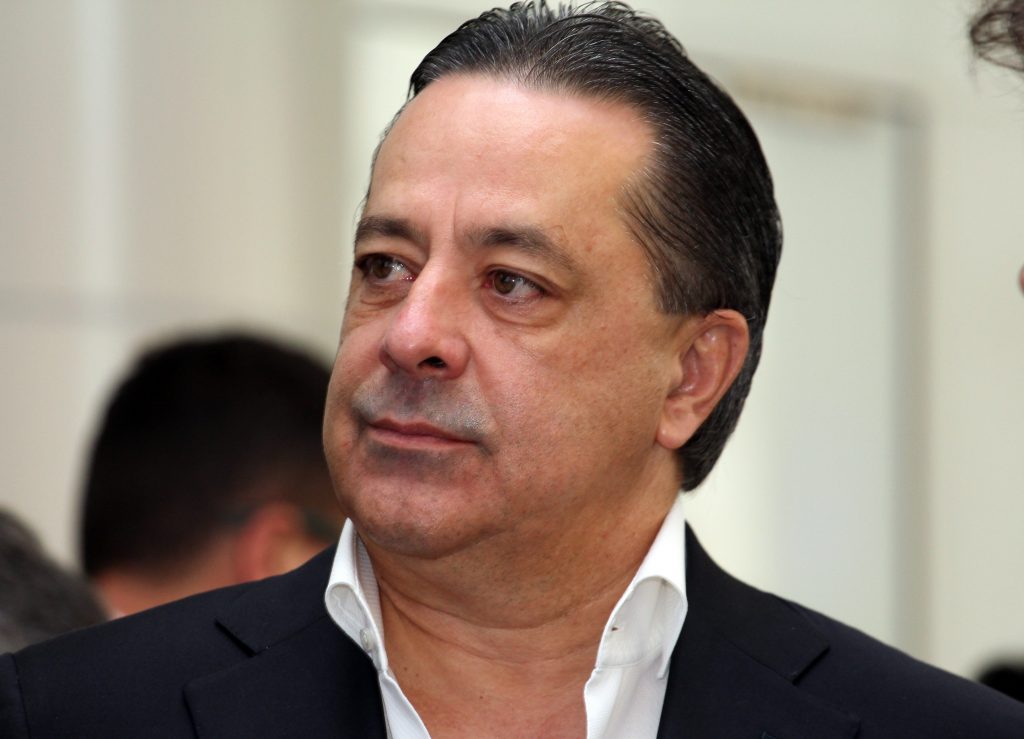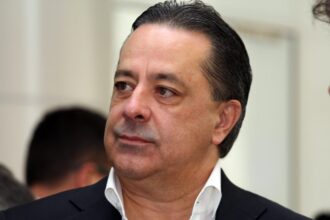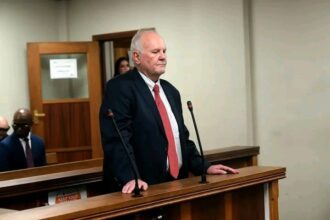Steinhoff’s creation of a subsidiary named Hemisphere was a strategic move aimed at minimizing its tax obligations through frequent changes in the unit’s shareholding, according to a comprehensive PwC investigation.
The report, obtained by Business Report, was commissioned after Steinhoff’s auditors, Deloitte, flagged accounting irregularities in 2017. It details how Hemisphere, incorporated on June 25, 2008, in the Netherlands, played a central role in Steinhoff’s efforts to consolidate its European properties while reducing tax liabilities.
Manipulative Shareholding Changes
Between its incorporation and mid-2009, Hemisphere’s majority shareholders changed four times before Steinhoff Finance finally assumed full ownership in 2012. PwC’s investigation found that three of these shareholders—Cotracot, Dislog, and Steinhoff Investment Holdings—were linked to the Steinhoff Group and its key executives, raising serious concerns about conflicts of interest and financial misrepresentation.
Inflated Property Valuations
PwC’s extensive 7,000-page report also questions the legitimacy of Hemisphere’s property valuations. The top 20 properties under Hemisphere were reportedly overvalued by 30% in Steinhoff’s 2017 financial year. PwC could not verify the independence of the entity that conducted these valuations and found evidence suggesting Hemisphere dictated key valuation parameters, casting doubt on the integrity of the reported figures.
Furthermore, PwC highlighted that the increase in property value stemmed largely from the sale and subsequent repurchase of three companies—a tactic that artificially boosted financial statements.
Misleading Financial Transactions
Steinhoff also deployed deceptive financial strategies, including recording transactions under ambiguous terms such as “marketing services.” For instance, in 2008, its German subsidiary, SEGS, recorded profits from so-called marketing services—an accounting maneuver that PwC found questionable.
One such case involved Hemisphere owing Steinhoff-owned Koenig approximately R5.6 billion for acquiring Genesis Investment, an Austrian company. However, this amount was offset by a nearly equivalent receivable (R5.5 billion) from Koenig to Steinhoff for “marketing-related services.” PwC found no clear evidence that this money was ever transferred, raising concerns that some amounts may have been written off and falsely recorded as income in the 2011 financial year.
A Decade of Financial Misconduct
PwC’s probe revealed that Steinhoff manipulated financial statements for nearly a decade, using 21 different accounting terms—including marketing contributions, professional fees, rebates, and rent—to either inflate revenue or reduce costs for struggling business units.
Overall, PwC found that approximately R125 billion flowed artificially through Steinhoff’s books between 2009 and 2017, making it the biggest corporate scandal in South Africa’s history. The fallout from these revelations led to Steinhoff losing 97% of its market capitalization between August 2017 and March 2019.
Fallout and Consequences
The scandal led to the disgrace of former CEO Markus Jooste, who allegedly took his own life following the exposure of fraudulent activities. Several arrests and convictions have since taken place as authorities continue to untangle the financial web created by Steinhoff’s deceptive accounting practices.
The investigation’s findings serve as a cautionary tale for corporate governance, underscoring the importance of transparency, accountability, and ethical business practices in maintaining investor confidence and market stability.











